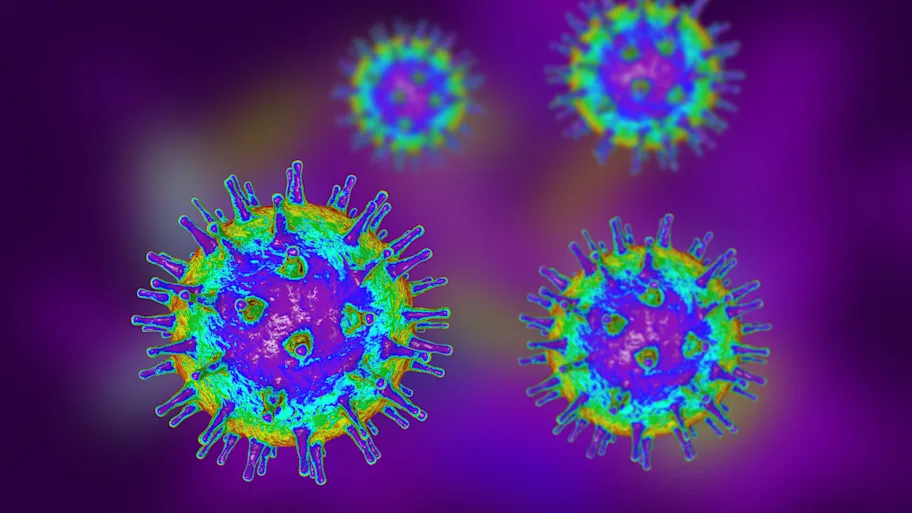
- Science news
- Featured news
- The unbeatable lightness of being
The unbeatable lightness of being

Playfulness is considered the basis of humor – a play with ideas – and also seems to contribute to creativity and academic achievement. Image: Shutterstock.
Is fostering our innate capacity for levity the ultimate antidote to stress and unhappiness?
— by Matthew Prior, Frontiers science writer
According to the 2019 Gallup Global Emotions Report, people around the world are becoming more angry, stressed and worried.
Recent research published by Frontiers provides some simple tools for redress – including a 20 minute nature pill to rapidly reduce stress hormone levels, and a brain training app that can help us to cope with the distractions of modern life.
Now a special article collection published in Frontiers in Psychology explores the mood benefits of fostering our innate capacity for levity, in whichever situation we find ourselves.
Humor and Laughter, Playfulness and Cheerfulness: Upsides and Downsides to a Life of Lightness► Read editorial article► Browse article collection
Professor Willibald Ruch explains why he and fellow psychologists Dr. Tracey Platt, Prof. René Proyer and Prof. Hsueh-Chih Chen launched this Research Topic, and some of the ways we all can benefit from a “life of lightness”.
Humor and laughter, playfulness and cheerfulness
The Editors set their contributors the happy task of mapping the relationships between laughter, humor, playfulness and cheerfulness.
“Research in each of these fields would profit from starting to talk to each other, seeing overlaps in scope, finding common structure and common language, and developing overarching theories,” says Ruch.
“Our 33 articles do indeed push the field further – describing new dimensions of humor, how they relate to cheerfulness, playfulness and other traits, and ways to assess them across cultures.”
Besides providing a rallying point for “positive psychology” research, Ruch highlights two practical outcomes from the Topic.
Frontiers Research Topics are highly visible peer-reviewed article collections led by the world’s leading researchers, who harness collaborative knowledge on today’s biggest scientific questions.
We could all benefit from some comedic training
In a week when Ukraine has elected President the comedian Volodymyr Zelensky, Ruch suggests that we all – whatever our life situation – might benefit from some comedic training.
“We know that carers and health professionals with a propensity for benevolent humor can enrich the health and lives – even the deaths – of those in their charge well beyond even the best care alone. But humor as a quality that can be trained and developed has potential not only to increase wellbeing in those with an illness or disability, but all of us.
“Within this collection, one pilot intervention demonstrated encouraging evidence that humor training in healthy individuals can have a stable, long-lasting impact on increasing positive affective states and reducing levels of stress, depressiveness and anxiety. This study also reported a relatively low attrition rate, which would suggest that participants were enjoying themselves, whilst having an overall positive impact on their mental health.”
Humor training might even be a way to tackle some of the downsides of humor.
“While many of us revel in laughter, some are threatened by it. But another study shows that gelotophilia – lack of embarrassment and even enjoyment of being laughed at – is supported by fluency and quality of humor creation abilities.”
Related: Class clowns: Playful boys viewed more negatively than playful girls
We can do more to foster a life of lightness from an early age
Of course, cultivating humor from an early age is likely to yield even greater benefits.
With playfulness considered the basis of humor – a play with ideas – that also seems to contribute to creativity and academic achievement, an emerging question is how teachers, schools and societies in general may benefit from playfulness in the classroom.
“One analysis shows that kindergarten teachers react differently – more negatively – toward playfulness expressed by boys than by girls. In contrast, playfulness in girls did not seem to be a concern for the teachers,” notes Ruch.
This matters because based on these perceptions, teachers might shape the playfulness, and thus the wellbeing and development, of their students.
“Another pilot study examining the interplay of playfulness in teachers and their students does indeed indicate that teacher behavior impacts children’s playfulness.”
Ultimately, the wellbeing and other benefits of humor training and classroom playfulness will need to be confirmed with further research.
“We encourage concerted efforts to solve these basic questions, with further special article collections on pertinent topics being an ideal approach,” concludes Ruch.
Research Topic | Humor and Laughter, Playfulness and Cheerfulness: Upsides and Downsides to a Life of Lightness
REPUBLISHING GUIDELINES: Open access and sharing research is part of Frontiers’ mission. Unless otherwise noted, you can republish articles posted in the Frontiers news blog — as long as you include a link back to the original research. Selling the articles is not allowed.






